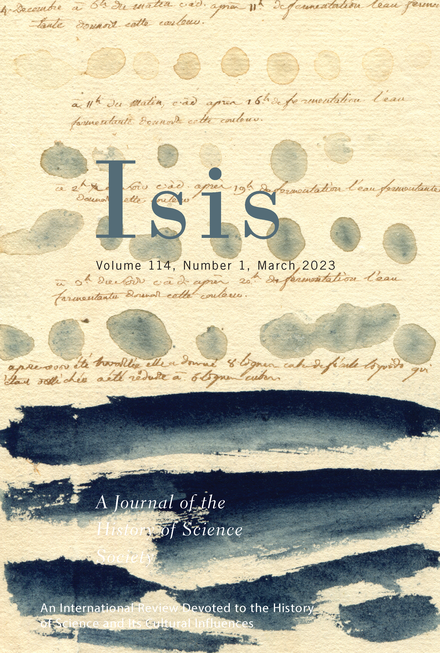
The very well written book takes on the form of the ironic encyclopedia that has been popular since the nineteenth century, as a parody of the great encyclopedias of the Enlightenment era. Impressive color illustrations complement the text and, according to the authors, justify the “Atlas” of the subtitle (p. 15). In their individual glosses, the authors almost always succeed in offering interesting and often novel discoveries. For example, the topic of drilling is presented in a well-founded and stimulating manner in a brief account. The catalytically controlled chemical transformation of petroleum constituents is also solidly presented under the heading “Molecular Mobilization” (pp. 49–57). Often, the reader’s expectations are deliberately played with—as, for example, when the essay entitled “Animals in the Oil Field” (pp. 199–203) deals not with seabirds that are glued together and dying but, rather, with animals that visit drilling grounds. This approach arouses interest and curiosity but also increases perplexity. The reader is left alone with the material and must tell his own story.
And this is precisely the goal; it also fits the form of the ironic encyclopedia, which from the outset does not lead one to expect that an overview will be presented. The history of oil is a history that crashes over us. “Erdöl: Ein Atlas der Petromoderne” aims to use brief spotlights, from very different perspectives, to draw attention to a substance that is part of the everyday life of modernity. It succeeds in doing so; at the same time, the well documented individual articles offer suggestions for further study and some connections that may be new even to researchers who have been in the field for some time. An English edition is in preparation.«
